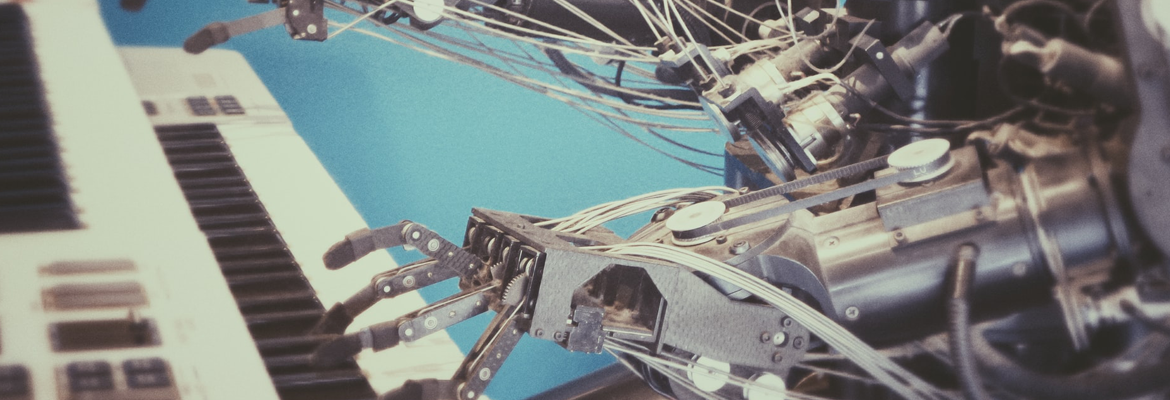This proposal wants to conduct an empirical research that explores the social and public attitudes of individuals towards AI and robots.
AI and robots will enter many more aspects of our daily life than the average citizen is aware of while they are already organizing specific domains such as work, health, security, politics and manufacturing. Along with technological research it is fundamental to grasp and gauge the social implications of these processes and their acceptance into a wider audience.
Some of the research questions are:
Do citizens have a positive or negative attitude about the impact of Ai?
Will they really trust a driverless car or will they passively accept a loan or insurance’s denial based on an algorithmic decision? Do states alone have the right and expertise to regulate the emerging technology and digital infrastructures? What about technology governance?
What are the dominant AI’s narratives in the general public?
Output
Two scientific papers in journals like (depending on peer reviewing guidelines): -Ai & Society (https://www.springer.com/journal/146); -Journal of Artificial intelligence research https://www.jair.org/index.php/jair -Big Data and Society https://journals.sagepub.com/home/bds – also other potential journals will be considered (Social science computer review, Public understanding of science)
Public presentation at scientific (eg. HICSS 2022, AAAI) and more general interest conferences in the second half of 2021 and first half 2022.
Presentations
Project Partners:
- Università di Bologna (UNIBO), Laura Sartori
- Umeå University (UMU), Andreas Theodorou
- Consiglio Nazionale delle Ricerche (CNR), Fosca Giannoti
Primary Contact: Laura Sartori, UNIBO – Dept of Political and Social sciences
Main results of micro project:
The Bologna survey collected around 6000 questionnaires. Data analysis on the Bologna case study revelead a quite articulated picture where variables such as gender, generation and competence resulted crucial in the different understaning and knowledge about AI.
AI Narratives sensibly vary across social groups, underlying a different degree of awareness and social acceptance.
The UMEA and CNR surveys had more problems in the collection phase, while the implementation and launch of the surveys were smooth and ontime. In September there will be second round, hoping in a more fruitful data collection.
2 papers submitted to international journals.
Sartori and Theodorou (under review) A sociotechnical perspective for the future of AI: narratives, inequalities, and human control, in Ethics and Information technology.
Sartori and Bocca (under review), Minding the gap(s): public perceptions of AI and socio-technical imaginaries, in AI&Society.
Contribution to the objectives of HumaneAI-net WPs
The microproject addresses issues related to social trust, cohesion, and public perception. It has clarified how and to what degree Ai is accepted by the general public and highlighted the different level of public acceptance of AI across social groups.
Goals of T4.3 are met since the Sartori and Bocca article highlighted how perception and narratives differ by the main sociodemographics variables. Notable is the (expected) gender effect: women do have less knowledge and do trust less AI systems. Especially when it come to depicting future and distopic scenarios, women tend to fear technologies more than men.
Goals of T5.3 are met by the work presented in Sartori and Theodorou.
Focusessing on the main challenges associated with AI as autonomous systems spread within society, the article points to biases and unfariness as being among the major challenges to be addressed in a sociotechnical perspective.
Tangible outputs
- Publication: A sociotechnical perspective for the future of AI: narratives, inequalities, and human control, in Ethics and Information technology. – Sartori, Laura
Theodorou, A.
Accepted in Ethics and Information Technology https://www.springer.com/journal/10676 - Publication: Minding the gap(s): public perceptions of AI and socio-technical imaginaries – Sartori, Laura
Bocca, Giulia
Submitted to AI&Society, https://www.springer.com/journal/146
Attachments



